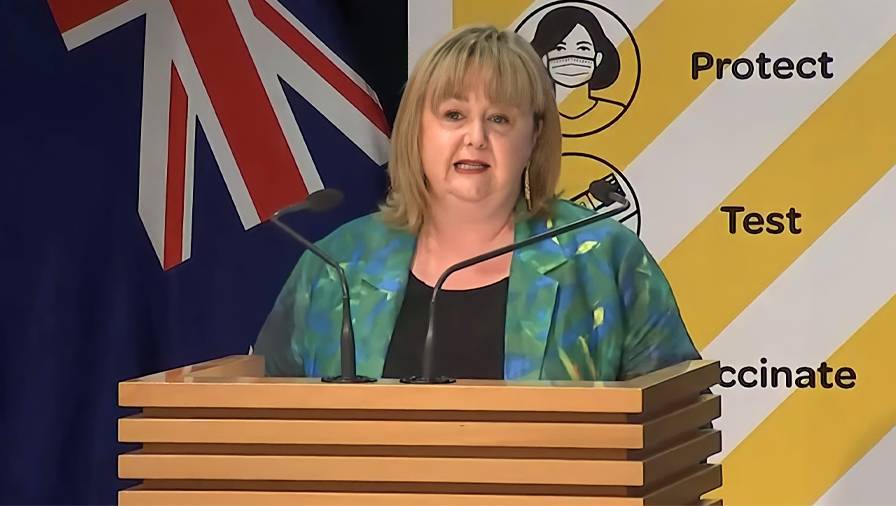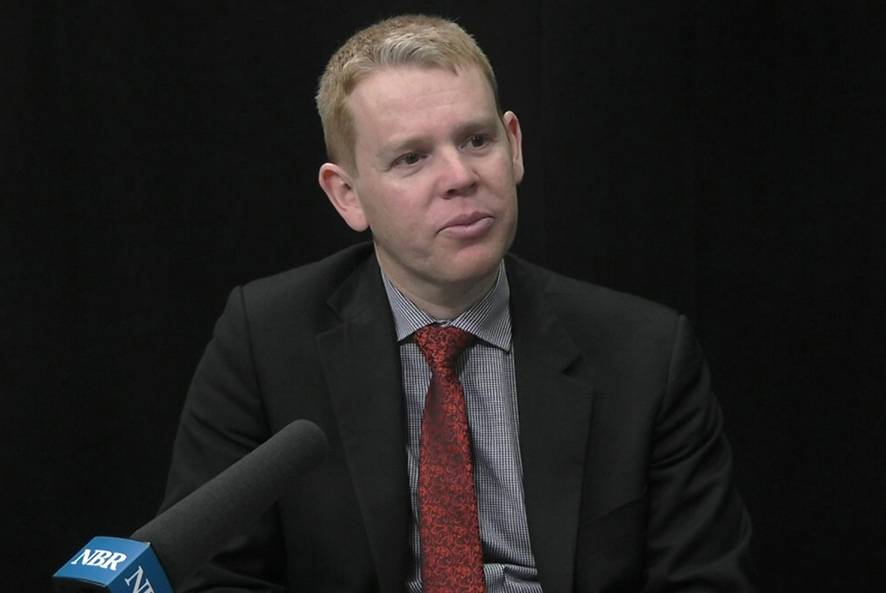Plasterboard crisis, Bellis apology, the European tour
ANALYSIS: Plasterboard shortage has not helped the housing crisis, as Government finds a solution.
NBR political editor Brent Edwards speaks with Grant Walker.
ANALYSIS: Plasterboard shortage has not helped the housing crisis, as Government finds a solution.
NBR political editor Brent Edwards speaks with Grant Walker.
Nothing appears to be going right for the Government.
While house prices might be falling, an Infometrics report has found 2022 is the worst year for first home buyers since 1957.
Infometrics chief forecaster Gareth Kiernan told RNZ that increasing mortgage interest rates meant the average first home buyer faced initial mortgage payments equal to 49% of their income, surpassing previous records in 1987 and 2007.
None of that is good news for the Labour Government which campaigned in 2017 on ending the housing crisis. So far, though, none of what it has done has had a material impact on housing affordability.
Yes, house prices are starting to fall, but largely because interest rates are going up. More houses than ever are being built but that trend is being threatened by the ongoing shortage of building supplies, particularly plasterboard.
The Government finally stepped in last week, with new Building and Construction Minister Megan Woods announcing a new ministerial taskforce of experts to give advice and “troubleshoot plasterboard shortages”.

Building and Construction Minister Megan Woods.
The group of experts will look at ways to streamline the use of products currently untested in New Zealand, explore new distribution models and give advice on the consenting process. None of that, though, looks like easing the bottleneck in plasterboard supply immediately and National’s building and construction spokesperson Andrew Bayly criticised the Government for moving too slowly in response to the crisis.
The group meets properly for the first time this week and there will be a lot of interest in what action it might propose.
The Fletcher letter
Meanwhile, Woods has also written a letter of expectation to Fletcher Building, which through its subsidiary Winstone Wallboards, controls about 95% of the plasterboard market.
“I am also concerned that trademarks on colours may be impeding the importation of alternative plasterboard brands. That’s why I have written to Fletcher Building to seek confirmation that they will work with the sector and not take action with regard to their trademark protections to further free up supply,” Woods said in a statement.
NBR presenter Grant Walker questioned ministerial involvement, as did those who took part in a Fletcher Building investor day in Auckland last week. Some were worried about the impact of the issue on the company’s reputation.
One analyst said plasterboard was “the elephant in the room” and he asked whether Fletcher had put its prices up and whether that was going to be a government issue.
As well as setting up the ministerial taskforce, the Government also has the Commerce Commission conducting a market study into the residential building supplies sector and that is due out in December.
In the meantime, building firms are continuing to fall over as they struggle to source the material they need to complete homes.

Builders are struggling to complete homes due to a shortage of supplies, particularly plasterboard.
While the Government trumpets the fact that housing permits are at record levels, unless problems with building supplies – particularly plasterboard – are resolved housing supply might not expand in a way which will help continue to put downward pressure on house prices.
Pressure on Fletcher’s
But not everyone is blaming the Government. The New Zealand Shareholders Association’s chief executive Oliver Mander and Simplicity managing director Sam Stubbs have met Fletcher’s chief executive Ross Taylor to raise concerns about the situation.
“We have yet to see any ‘mea culpa’ or substantial admittance of fault for FBU’s role in the current plasterboard supply crisis,” they said.

Simplicity managing director Sam Stubbs.
Earlier in the month build-to-rent property developer Simplicity Living, owned by Simplicity, said it was now importing supplies from Thailand because of Fletcher’s unreliability.
It is also noteworthy that Simplicity Living managing director Shane Brealey is one of those appointed to Woods’ ministerial taskforce.
Fletcher has responded to the pressure, saying it was running its plants around the clock and was continuing to source more plasterboard from overseas to meet customer demand as fast as possible.
The Government will be hoping those actions will alleviate the crisis sooner than later and that it can then claim some credit. National’s Andrew Bayly remains unconvinced.
Belated apology
In other problems the former Minister Responsible for Covid-19, Chris Hipkins, was forced to apologise to journalist Charlotte Bellis over wrongly claiming she had been offered consular assistance while in Afghanistan but had not responded.
Instead, she had been contacted when she was in Europe and at that time, she had communicated she did not need assistance.
“Ms Bellis had not previously been offered, nor ever refused, an MIQ spot,” he said.
Hipkins released his statement early last week but in fact had written his apology to Bellis on March 15.

Former Covid-19 Response Minister Chris Hipkins.
While Bellis might have got a belated apology, others affected by the MIQ policy have not.
National’s Covid-19 Response spokesperson Chris Bishop said the Government should apologise to everyone caught up in “the lottery of human misery that was MIQ”. The High Court had found MIQ had unjustifiably breached New Zealanders’ rights from September to December last year and the Government should apologise for that.
The Government, while not appealing the court’s ruling, said MIQ was justified, but conceded that if it ever needed to use MIQ again it might use a different system for allocating spaces.
NBR's Walker is not impressed and wonders aloud whether the Government can do anything right at the moment.
European sojourn
He points to the country’s economic woes and a recent Westpac McDermott Miller survey showing consumer confidence at an all-time low.
There is little doubt the Government – like many others around the world – faces a multitude of economic challenges and there is little sign they will ease any time soon.
Now, then, might be a good time to go overseas and get some sun.
Walker suggests that is just what Prime Minister Jacinda Ardern is doing as she has jetted to Europe this week.
Maybe, but she has an important NATO meeting to attend and will hope that her prime ministerial intervention might give at least some impetus to free trade talks with the European Union, which continue to drag on.
Ardern had been due to head to Europe late last year but a combination of Covid-19 and a calculation that there was little that could be achieved until after France’s presidential elections this year put the kibosh on that trip.

Prime Minister Jacinda Ardern.
Now the French election has been settled maybe there is just a chance to push the Europeans a bit harder on market access for this country’s beef and dairy exports.
No one is under any illusions of just how tough that will be, but if Ardern can pull a rabbit out of the free trade hat it might just be one glimmer of hope in a winter of economic woe.